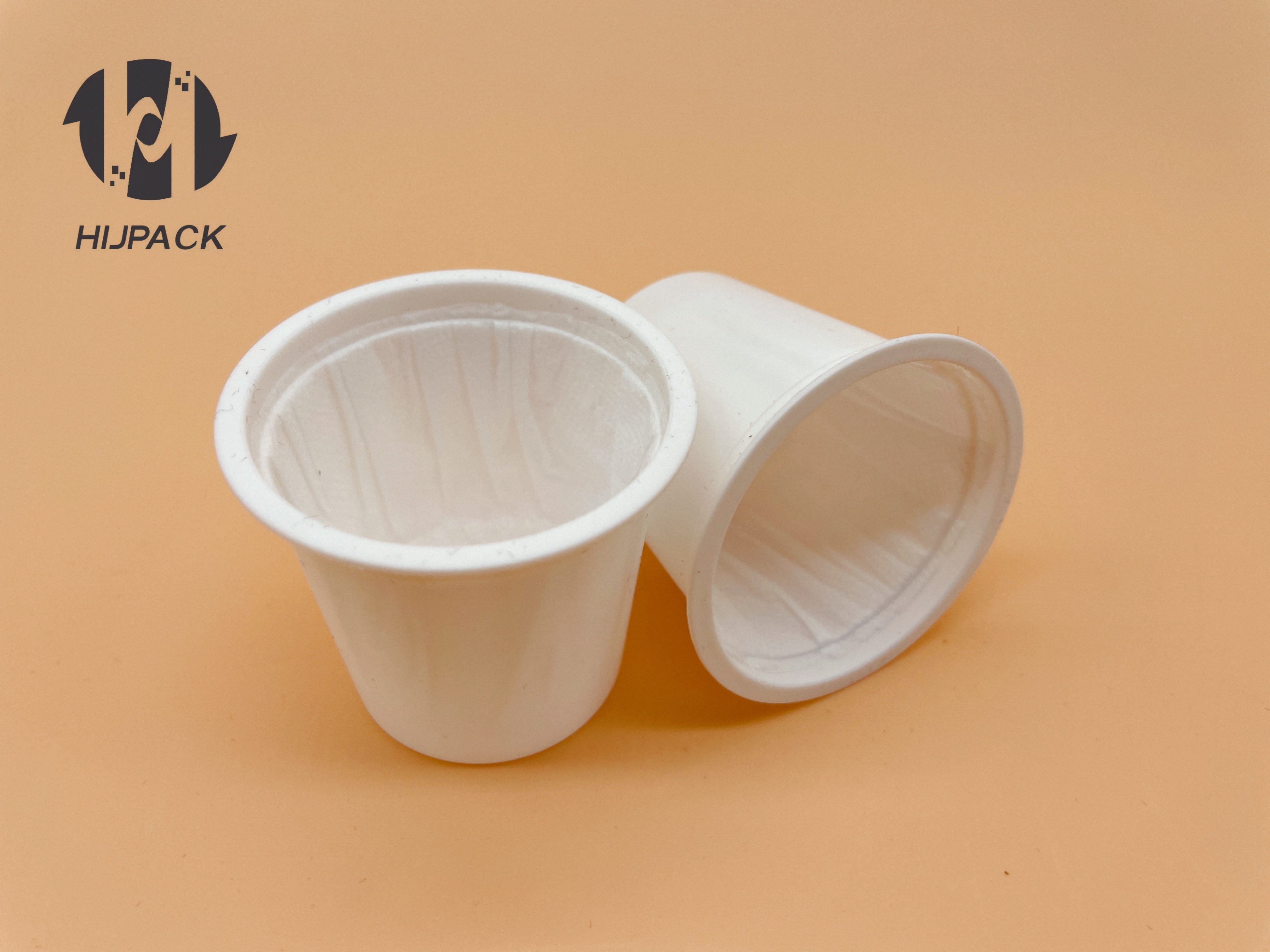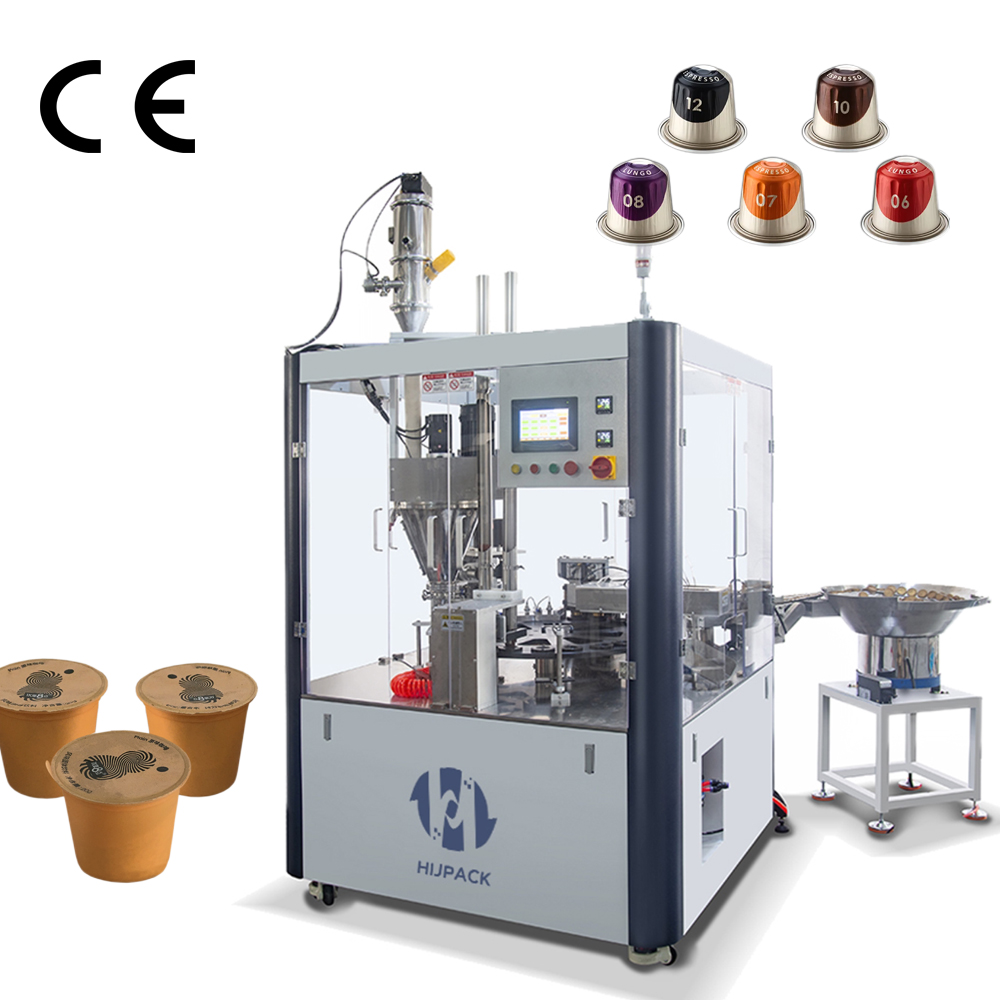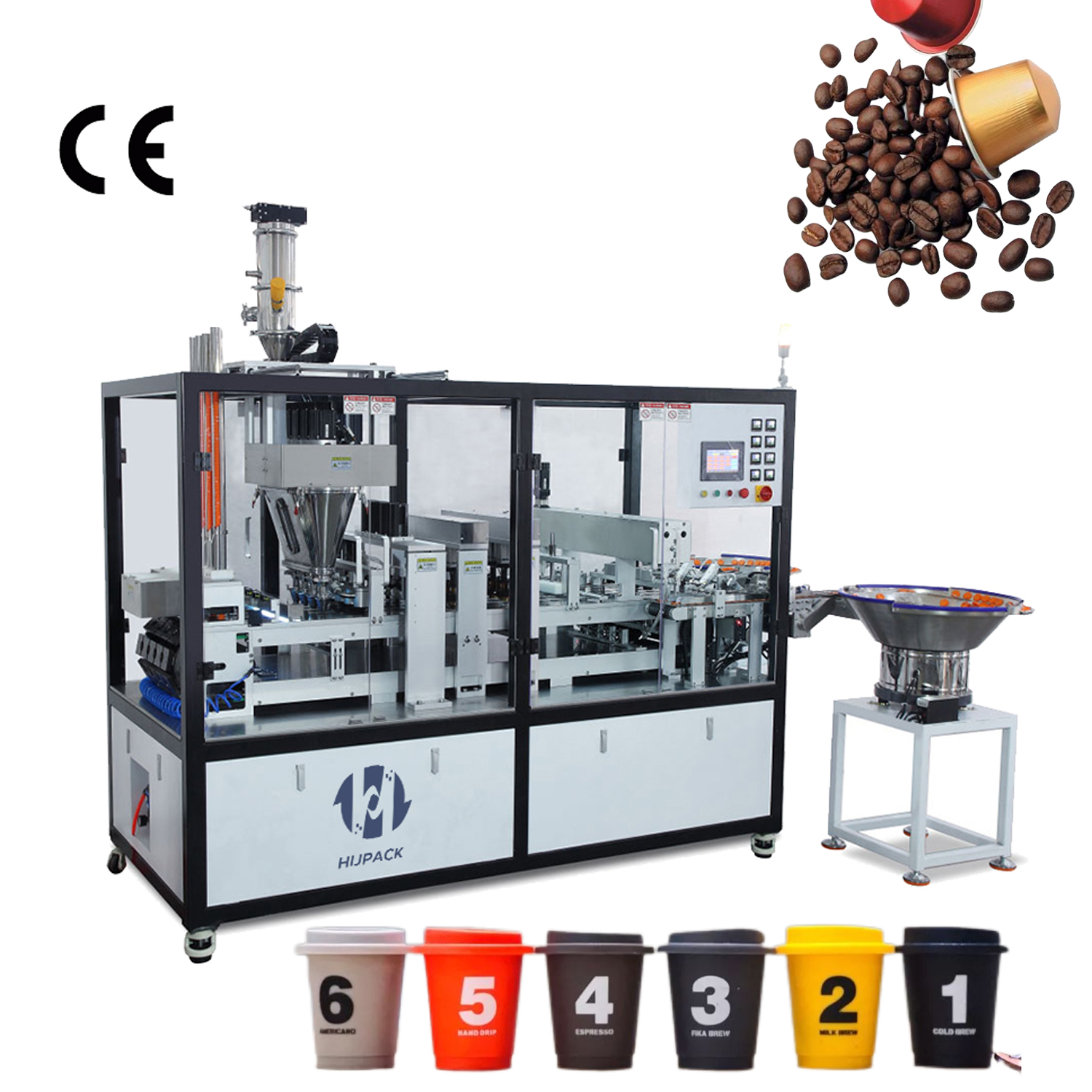For those who enjoy multiple cups of coffee each day, the cost of using K-Cups can accumulate rapidly. But what exactly makes K-Cups more expensive compared to traditional home-brewed drip coffee? Let’s explore the various factors that contribute to the higher price of K-Cups.
A K-Cup is essentially a single-serve coffee delivery system, often humorously compared to a cigarette for coffee due to its convenience and addictive nature. Each K-Cup is a plastic container with a synthetic or paper filter inside, filled with 10-12 grams of ground coffee, and sealed with a foil lid.

One of the primary reasons for the higher cost of K-Cups is the complexity of the manufacturing process. Most coffee roasters require an automated filling production line to fill and seal each K-Cup. Some companies even incorporate an automatic carton system to enhance automation, which further increases costs.
Additionally, these production lines often need a nitrogen flush system or a syrup/liquid flavor pumping system for flavored K-Cups. These systems are not only expensive but also require regular maintenance by skilled mechanics.
Here’s a step-by-step overview of the main manufacturing process:
Loading Empty K-Cups: The process starts with injecting nitrogen into the empty K-Cups.
Auger Doser/Filler: Ground coffee is precisely dosed into each cup.
Tamping and Cleaning: The coffee is tamped, and the rim of the K-Cup is cleaned.
Flavoring (Optional): If producing flavored K-Cups, syrup or liquid flavor is added using an online liquid flavor pump.
Lid Placement and Sealing: A pre-cut lid is placed, and the K-Cup is heat-sealed.
Heat Sealing: Ensures the K-Cup is securely sealed.
Quality Control: Finished K-Cups are picked up, and defective ones are rejected.
Conveyor Belt: The K-Cups are moved to the next packaging stage.
Manual Packing: If an automatic cartoning machine is not available, K-Cups are manually packed into cartons of various sizes.
Carton Formation: K-Cups are sorted in an alternating pattern, and a robotic system loads them into formed cartons.
Carton Sealing: The cartons are sealed using a hot melt gluer system.
As you can see, the process is intricate and requires specialized equipment and skilled labor, contributing to the higher cost of K-Cups.

Another significant factor is the cost of packaging materials. Each K-Cup consists of a plastic cup, a synthetic or paper filter, and an aluminum lid. Unlike bagged coffee, which can brew over 30 cups from a single bag, each K-Cup is a single-use item. This means you’re not just paying for the coffee but also for the packaging materials, which increases the unit cost.
K-Cups are also more challenging to recycle. Proper recycling involves tearing off the lid, removing the filter, and then disposing of the plastic cup. This additional effort can be a deterrent for many, adding to the overall cost in terms of time and labor.

The expenses don’t stop at the K-Cups themselves; you also need a compatible brewer. Keurig coffee makers, for example, range from 280, while non-Keurig brewers cost between 180.
For home use, we recommend the following Keurig models:
K-Mini
K-Express
K-Slim
These models are compact, affordable, and ideal for single users or small families, featuring water reservoirs of 42oz to 48oz.
For office use, consider these models:
K-Supreme Plus
K155
K-Supreme Plus SMART
K-Cafe
These models have larger water reservoirs, reducing the need for frequent refills. They also offer more control and size options, ranging from 4oz to 12oz, and can accommodate various coffee preferences, including lattes and cappuccinos.
The higher cost of K-Cups is primarily due to the complex manufacturing process and the cost of packaging materials. Additionally, the challenges associated with recycling and the need for specialized brewers contribute to the overall expense.
For more information about our K-Cup production line and our extensive inventory of empty K-Cups, please contact us at HIJPACK.